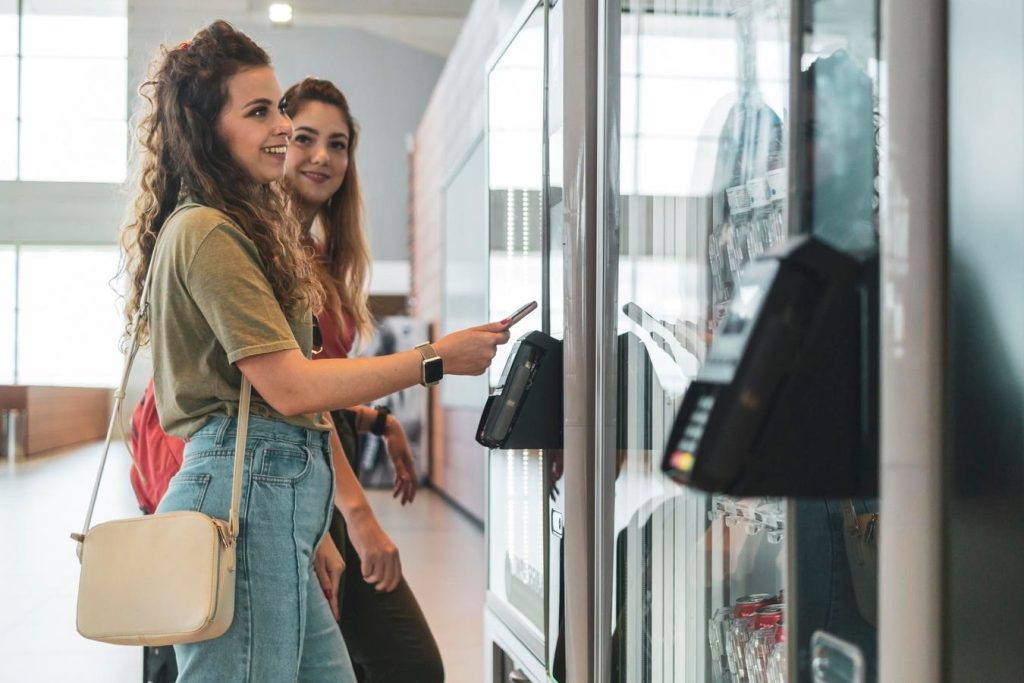Aslak, the CEO of Selfly Store, has been working with customers in over 20 countries, utilizing data and intelligent vending machines to generate more revenue. In today’s world, consumers expect high-quality service delivered to their preferred location, leading to the rise of home delivery services for goods ranging from e-commerce packages to meals. The cost of logistics is a significant concern for restaurants and catering companies, as they can lose up to 30% of their revenue to delivery service providers. However, with the increasing demand for home delivery, businesses are exploring alternative options to reach consumers.
One such option is the use of mobile food services like food trucks and pop-up kitchens, which offer flexibility in location and allow restaurants to bring their offerings directly to customers. Restaurants can also partner with local businesses to offer food services at their locations, reaching new customers and adding value to the partner’s business. The intelligent vending machine market is expected to grow significantly due to the increasing demand for convenience, cashless payments, and advanced technologies. These machines offer features like touchscreen interfaces, contactless ordering, real-time inventory management, and remote monitoring, enhancing user experience and operational efficiency.
As the CEO of a market leader in Europe for intelligent vending machines, Aslak has gained insights from numerous companies working on distribution issues in various cities. By exploring how technology can redefine the retail experience, he has come up with additional perspectives for the emerging half-mile store model. This model combines the convenience of online shopping with the immediacy of physical retail by strategically placing intelligent vending machines or mini-stores in high-traffic areas. This approach not only caters to consumer buying habits but also offers a greener alternative to traditional logistics, promoting sustainability and social responsibility.
The advanced technologies behind intelligent vending machines provide opportunities for personalization and data analytics, allowing businesses to stock products based on local demand and offer personalized promotions and discounts. This level of customization increases consumer engagement and loyalty, creating a tailored shopping experience. Furthermore, half-mile stores can promote economic and social inclusivity by making essential goods and services accessible in underserved areas, effectively addressing retail deserts and ensuring all consumers have access to products.
While the shift towards half-mile stores offers numerous advantages, it also presents challenges such as regulatory hurdles, vandalism, and maintenance concerns. Businesses must address these issues by focusing on strategic site selection, investing in durable materials and technology, and implementing security measures to protect consumer data. Leveraging the Internet of Things for remote monitoring and diagnostics can enhance the reliability and efficiency of intelligent vending machines, ensuring continuous service without interruption. The transition from last-mile delivery to half-mile stores represents a forward-thinking approach to retail and distribution, shaping the future of how products are purchased and received. The potential for innovation in this space is vast, promising exciting developments for businesses and consumers alike.


